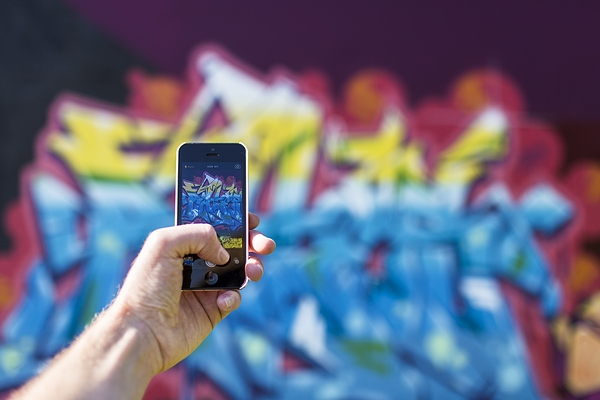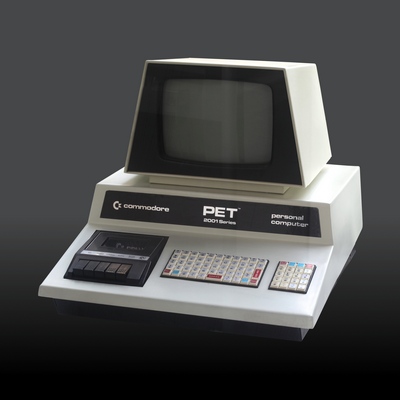
The JU Institute of Culture initiated a project devoted to creative computing. It aims to show the ways of mixing the humanities and digital technologies.
The main focus of the research team working in a laboratory at the Faculty of Management and Social Communication is to analyse the art of the digital era. The scope of the research is computational literature. "When we created our lab, we were inspired by such institutions as The Trope Tank (Massachusetts Institute of Technology), The Media Archeology Lab (University of Colorado Boulder), and The Literary Lab (Stanford University). There are almost none such places in Europe. We're also inspired by Oulipo (Ouvoroir do Litterature Potentielle) – a group of French writers and mathematicians working together", said Dr Piotr Marecki from the JU Institute of Culture.
 "I had the chance to work at The Trope Tank", he continued. "Prof. Nick Montfort, its coordinator, specialised in poetry despite being formally educated in the field of computer studies. His favourite part of our work was teaming up with artists, students, and librarians, which involved a lot of research, but at the same time had a very practical aspect of making art and teaching. It went very well with the university's motto – "Mind and Hand".
"I had the chance to work at The Trope Tank", he continued. "Prof. Nick Montfort, its coordinator, specialised in poetry despite being formally educated in the field of computer studies. His favourite part of our work was teaming up with artists, students, and librarians, which involved a lot of research, but at the same time had a very practical aspect of making art and teaching. It went very well with the university's motto – "Mind and Hand".
Discovering the unknown
The team's goal is to create advanced digital works of art and scientifically describe the process. They will focus on three areas of creative computing: text generation, interactive fiction and augmented reality. They are also interested in researching writing under constraint. Additionally, they will investigate the fairly new concept of demoscene (the international computer art subculture which specialises in producing small, self-contained programmes), with particular focus on Poland. The research will involve studying the unknown legacy of digital writing from the 1970s to modern times.

photo: Rama, Wikimedia Commons, CC-BY-SA 2.0.
"We'd like to bring back a little academic life to universities, since they lost a lot of it due to overwhelming bureaucracy and parameterisation. Therefore I think that one of the most positive aspects of laboratory work is the artists' engagement in regular research activities at the university. They are invaluable thanks to their creativity and experimental thinking. It's a standard practice in many Western universities", stressed Dr Marecki.
The project will be realised as an interdisciplinary study in the area of digital humanities and will contain elements of computer studies, literary studies, and digital media studies. Since some of the work will be performed on outdated equipment, it may also be considered media archaeology.
"The project's innovativeness comes from the investigation of communication forms previously unknown in the Polish discourse, such as technical reports or open notebook science. Prof. Nick Montfort discussed this issue at length in his manifest/blog "Beyond the Journal and the Blog". We borrowed these forms from exact sciences, and use them increasingly more often to inform about the progress of our research. The laboratory will also be used in other international projects concerned with digital culture in Central and Eastern Europe", stated Dr Marecki.
Original text: www.nauka.uj.edu.pl





